
Mark Benjamin C. Yam
Rachelle Ann L. Go
On 10 March 2024, the Bureau of Immigration (“BI”) reported that approximately 153,000 foreign national (“FN”) holders of immigrant and non-immigrant visas took part during the 2024 Annual Report requirement of the BI. This is 13% higher than the 136,065 FNs who participated in the previous year’s Annual Report.1 Of note is the fact that a large percentage of the FNs who have been granted non-immigrant visas are those who have been granted the Pre-arranged Employment Visas (i.e., 9[g]). In its Accomplishment Report for the year 2023, the BI reported that the Board of Commissioners (“BOC”) had approved 72,472 9(g) Commercial Visas in 2023 and 59,885 visas in 2022 and 3,454 9(g) Missionary Visas in 2022 and 3,980 visas in 2023.2
The foregoing figures show that there is an increase in the number of FNs who have expressed their intention to work in the Philippines on a long-term basis (i.e., at least one [1] year). While there are other non-immigrant visas that a FN may apply for to work in the Philippines, this article will focus on the steps and requirements to secure a 9(g) Commercial Visa. It is important to also point out that Philippine law requires that a foreign national working in the Philippines should secure work authorization, whether in the form of a 9(g) Commercial Visa, or a temporary work permit.
Background on the 9(g) Visa
Section 9(g) and Section 10 of the Commonwealth Act No. 613, as amended, or the “Philippine Immigration Act of 1940” provides that FNs who intend work in the Philippines under prearranged employment may be admitted as non-immigrants and granted a visa for such endeavor.
The 9(g) Visa is the most commonly issued work visa to FNs intending to work in the Philippines. The following are the two (2) 9(g) visa classifications granted by the BI:
- 9(g) (Commercial) for FNs intending to engage in any lawful occupation in the Philippines for wages, salary, or other forms of compensation; and
- 9(g) (Non-Commercial) or 9(g) (Missionary) for FNs engaged in missionary, social, or rehabilitation works.
Once the FN has been granted the 9(g) Visa, the FN is entitled to engage in gainful employment in the Philippines for the duration approved by the BI and to multiple entry privileges. Depending on the length of the contract of employment, the BI may grant a 9(g) visa which shall be valid for one (1) to three (3) years, which may be renewed prior to its expiration.
Steps to Secure the 9(g) Visa
1. Securing a 9(a) Tourist Visa for Business
The 9(a) Visa is issued by the BI to FNs intending to come to the Philippines for business, pleasure, or health reasons.3 Generally, the 9(a) Visa is granted to FNs upon arrival in the Philippines, except for those who are required to secure 9(a) Visas prior to their entry in the Philippines. Typically, valid for a period of 30 days, the 9(a) visa may be extended for an initial period of one (1) to two (2) months or longer, depending on the FN’s circumstances. A roundtrip ticket or a ticket to their next port of destination must be presented to the Philippine Immigration Authorities upon arrival at the port of entry in the Philippines.4
The following are some of the 9(a) classifications that Department of Foreign Affairs (“DFA”) has imposed:
- 9(a-1) Visa – for Business Visitors: for FNs visiting the Philippines temporarily for scientific, commercial, industrial, professional, and business purposes and will not receive compensation from the company that invited the FN.
Notably, a FN who has secured a 9(a-1) visa is not allowed to work or engage in gainful employment. The allowable “business” for 9(a-1) visa holder are typically limited to the conduct of meetings, negotiations of contracts, and attendance in conferences.
- 9(a-2) Visa – for Tourism or Leisure Visitors: for FNs visiting the Philippines temporarily for a predetermined amount of time for pleasure or tourism, leisure, religious, recreation, or amusement purposes or to visit family friends, or relatives.5
For some nationals, the 9(a) visa is automatically granted upon their arrival. The DFA lists these countries on their website and identifies the maximum duration of stay that they may have in the Philippines. However, nationals of countries who are not otherwise listed on the DFA website as “visa-free” are required to secure a 9(a) visa prior to their arrival in the Philippines. These FNs may apply through the Philippine Embassy or Consulate in their home country or their legal residence.
Please note that the Philippine Embassy or Consulate may still use the “9(a)” term instead of the classifications imposed by the DFA (i.e.,9[a-1]) for tourist visitor visa applications. There is no conflict between the use of “9(a)” as opposed to “9(a-1)” or “9(a-2)”, considering that the former is a more general term for the tourist visitor visa. In any case, the Embassy or Consulate will likely still ask for the documents required for the 9(a-1) visa to support the fact that the FN will be going to the Philippines for business purposes.
2. Application for the Alien Employment Permit (“AEP”)
The AEP is a permit issued by the DOLE authorizing the FN to work in the Philippines with a Philippine-based company for a specific period of time. The issuance of the AEP is subject to the requirement that no Filipino, who is competent, able, and willing at the time of the application, is available to take on the roles of the position. Except for FNs that are considered as exempt or excluded from the requirement, all FNs intending to engage in gainful employment in the Philippines shall apply for an AEP.6 The AEP is not an exclusive authority for the FN to work in the Philippines but rather one of the requirements in the issuance of a 9(g) Visa to legally work in the Philippines.7
Depending on the nature of work and the corporation involved, the Department of Justice (“DOJ”) may require the company petitioning the applicant FN to submit an Authority to Employ Alien (for companies engaged in nationalized or partly nationalized activities), Authority to Hire Foreign National (for companies in the mining companies), or a Special Temporary Permit (for the practice of regulated professions).8
At least 15 calendar days prior to the filing of an AEP application, and in line with the Philippines’ Filipino first policy, the company must conduct a “Labor Market Test” by publishing in a newspaper of general circulation a notice of job vacancy, which should include details of the applicant’s application requirements and the role’s intended functions. Beginning the 16th day of publication, the company may now file the AEP application. The processing of the application typically takes two (2) to three (3) weeks from submission of complete requirements.
3. Securing the Provisional Work Permit (“PWP”)
The PWP is a permit issued by the BI to the following FNs:
- FNs who wish to commence employment while their AEP applications are still pending; and
- FNs who wish to commence employment while their 9(g) (Commercial) visa Applications are still pending.9
The PWP is valid for three (3) months, extendible for another three (3) months, or until a 9(g) (Commercial) Visa has been granted to the FN, whichever comes first.10 The PWP is only a permit that allows the FN to work in the Philippines. The FN will still be working under a 9(a) Visa while the 9(g) (Commercial) Visa (or any other work visa) is pending release.
4. Commercial Visa Application
Once the FN’s AEP Card and PWP Order has been released, the FN may now begin processing the 9(g) Commercial Visa. The processing of the 9(g) Commercial Visa typically takes two (2) months, depending on the workload of the BI and subject to any governmental delays. Upon approval and implementation of the 9(g) Commercial Visa, the BI will issue an Alien Certificate of Registration Identity Card (“ACR I-Card”) to the FN.
While not specifically identified under the Philippine Immigration Act, the 9(g) Visa validity follows the validity of the AEP. Since one of the requirements for the issuance of the 9(g) visa is the AEP, the validity of the FN’s 9(g) Visa should correspond to and be co-terminus with the validity of the AEP granted to the FN by the DOLE. Under Section 8 of the DOLE Department Order (“DO”) No. 221-A, Series of 2021, the AEP shall be valid for the position and the company for which it was issued for a period of (1) year, unless the employment contract provides otherwise, which in no case shall exceed three (3) years.11
There are instances wherein the BI grants a longer validity for the 9(g) Visa (e.g., three [3] years) but the AEP granted by the DOLE is only valid for one (1) year. Considering the foregoing, even if the 9(g) visa Order indicates that the visa is valid for three (3) years, the 9(g) Visa is actually valid for one (1) year only since the FN is only permitted to work for one (1) year under the AEP. In any case, the FN may renew the 9(g) Visa and AEP prior to the expiration thereof.
Both the AEP and the 9(g) are employer and position specific, i.e., a FN may not be employed by a subsidiary or another company and is generally not allowed to fill any other roles in the company. Should the FN and the employer’s relationship be severed at any time during the validity of the 9(g) Visa and the AEP, the employer may, at its request, downgrade the FN’s visa to a 9(a) Visa and have the FN’s AEP cancelled. Since the employer sponsored the FN’s visa and AEP, it must ensure that the FN returns to his or her country and/or the FN will not overstay in the Philippines.
It is ideal for FNs to secure a 9(g) Visa when intending to locate and work in the Philippines for an extended period of time to legitimize the employment relationship. Further, a 9(g) Visa also provides for multi-entry visa privileges, and eases in other local transactions such as opening of bank accounts.
Villaraza & Angangco, as a full-service law firm, aims to provide full service to FNs who wish to secure work authorization and/or residency in the Philippines. For any questions or concerns, you may contact immigration@thefirmva.com.

Mark Benjamin C. Yam
Atty. Mark Benjamin C. Yam specializes in Corporate and Commercial Law and Immigration. He has rendered advice on both immigration and emigration matters for clients from various multinationals located all over the globe. This includes processing working visas and permits for hundreds of foreign nationals and employment certificates for Filipinos directly hired abroad. He was recognized in the Legal 500 Asia-Pacific Rankings 2024 as a ‘Recommended Lawyer’ for Immigration.

Rachelle Ann L. Go
Atty. Rachelle Ann L. Go is an Associate of the Firm and a member of the Firm’s Corporate and Commercial Law Department. Her practice primarily involves counseling individuals and companies in relation to their regulatory compliance and providing advice in the fields of general corporate and commercial law, competition law, securities regulation, foreign investments, banking, taxation, estate planning, and immigration.
[1] “BI says 153k Aliens Took Part in 2024 Annual Report,” Bureau of Immigration Press Release dated 10 March 2024.
[2] Page 8, Bureau of Immigrations 2023 Accomplishment Report.
[3] Section 2, Republic Act No. 503.
[4] “Guidelines on the Entry of Temporary Visitors to the Philippines”, Department of Foreign affairs, available at https://dfa.gov.ph/list-of-countries-for-21-day-visa.
[5] DFA Department Order No. 2021-02.
[6] Section 2, DOLE DO No. 221, Series of 2021.
[7] Policy Declaration, DOLE DO No. 146-15.
[8] Section 2, Joint Memorandum Circular No. 001, Series of 2019.
[9] Section 1, BI Operation Order SBM Mo. 2013-019.
[10] Section 3, BI Operation Order SBM Mo. 2013-019.




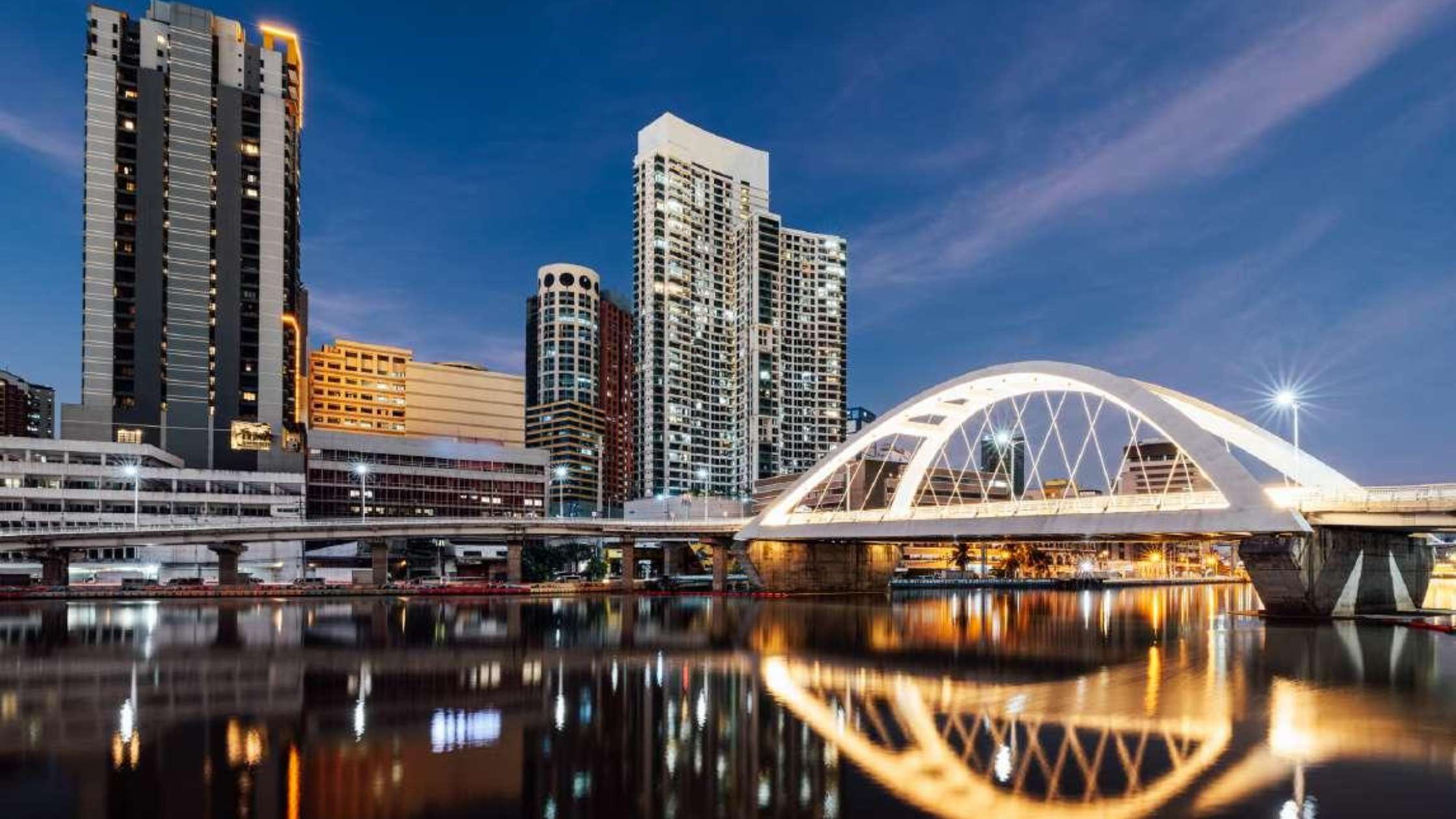








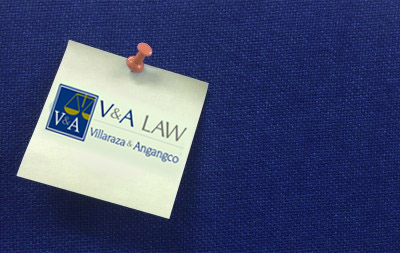

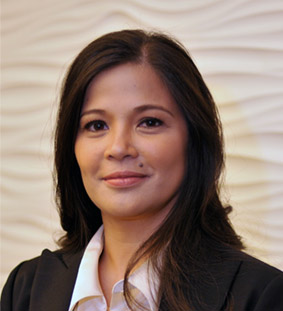






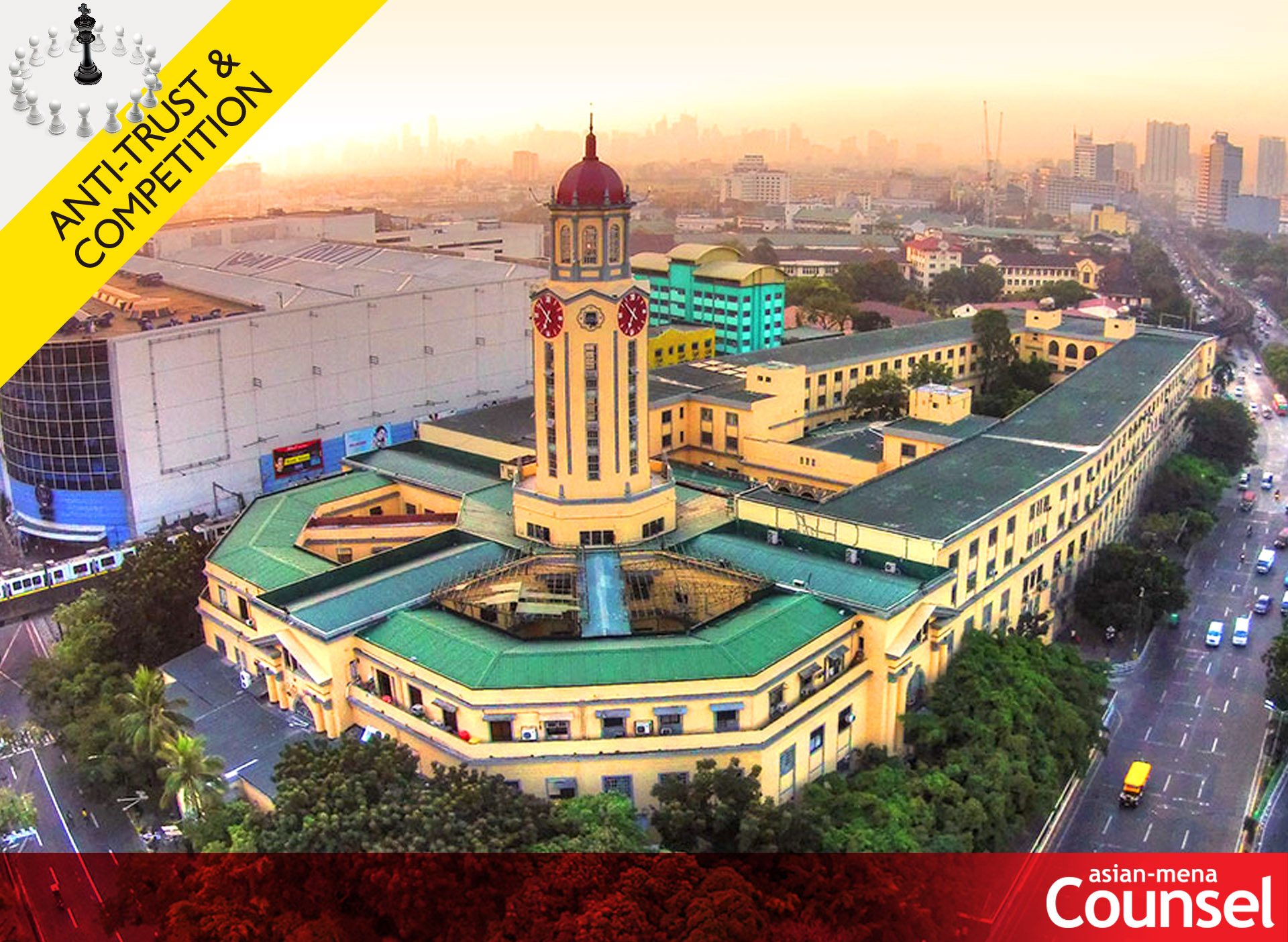
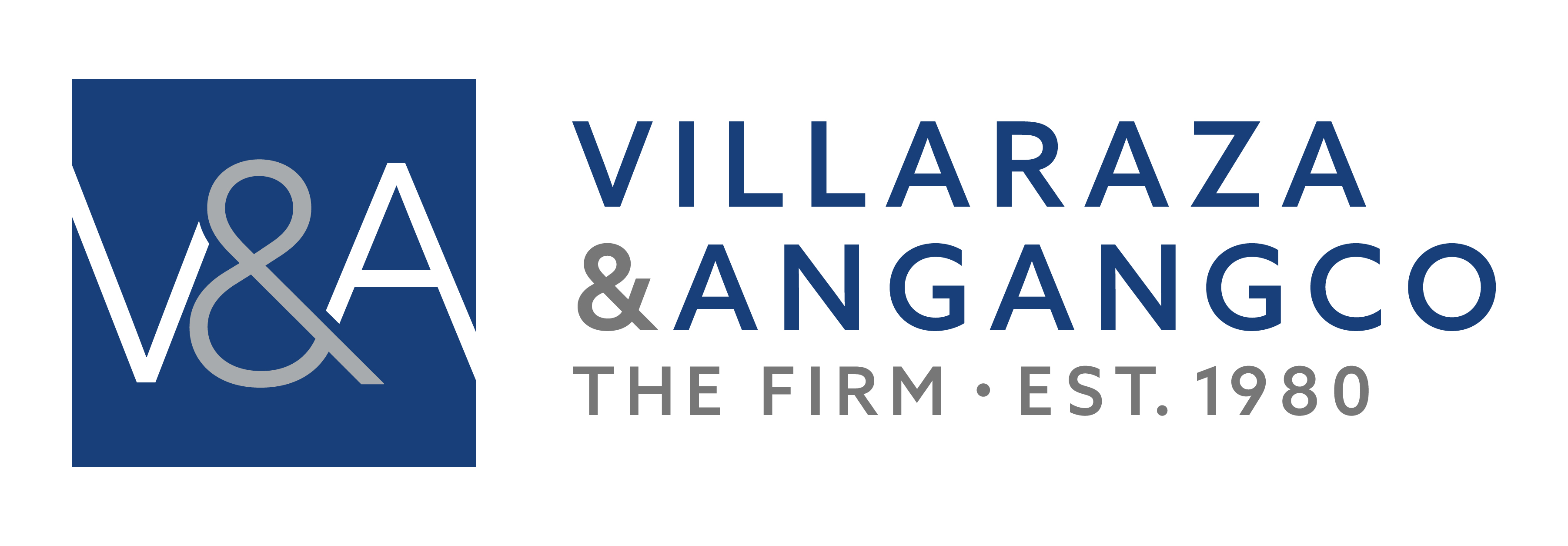 Villaraza & Angangco Law
Villaraza & Angangco Law Kristin Charisse C. Siao
Kristin Charisse C. Siao Ma. Carla P. Mapalo
Ma. Carla P. Mapalo Richard Henrick I. Beltran
Richard Henrick I. Beltran







